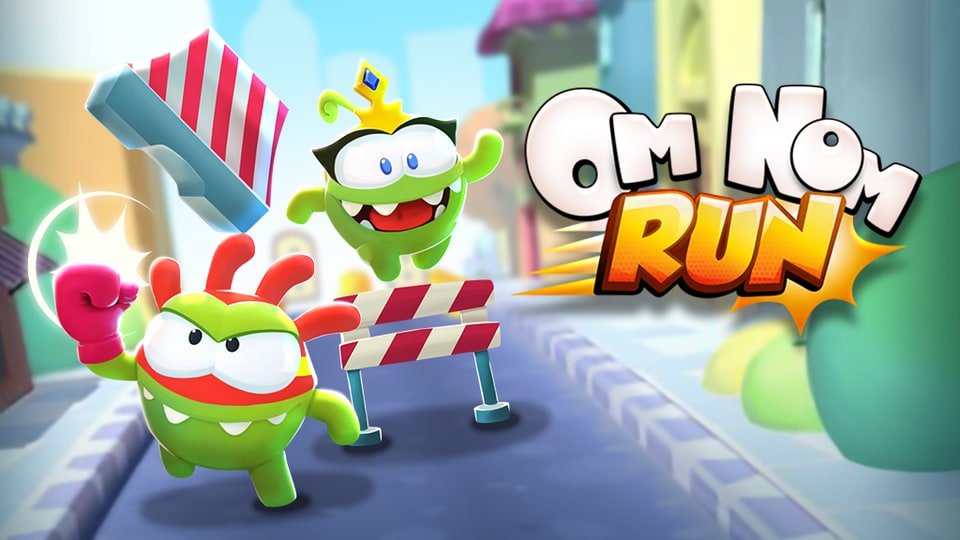Facial recognition technology is something the ESRB wants to use to age-check game access
ESRB approached FTC to gain approval for using new technology in the future for mature games.

Recently, an Entertainment Software Rating Board become one of the fast users to use face recognition technology for allowing gamers to have access. The facial recognition feature will help gamers to unlock mature-rated games. This feature was recently sent to Federal Trade Commission for receiving the "go-go" signal for the future.
FTC is going to overview the technology and the strength of this system to work in a proper manner. ESRB is known as one of the superiors whenever it comes to rating a game on Xbox or PlayStation. This FTC and ESRB's collaboration for approving this technology is going to be considered as an evolution of technology in the gaming world.
FTC and ESRB collaboration for technology
The proposal claims that the Privacy-Protective Facial Age Estimation technology developed by Yoti and SuperAwesome can precisely establish a person's age, guaranteeing that the ESRB ratings can no longer be disregarded or avoided in a significant way.
The plan would effectively prevent young players from accessing any games with an ESRB Mature rating by preventing them from doing so after a facial recognition check. In spite of the fact that the system will upload face recognition images to Yoti's computers, the proposal states that these images would be "immediately, permanently" removed and not be used to hone Yoti's algorithm.
If the ESRB's suggestion is approved, the top Teen-rated RPG games would be available to any gamer Yoti considers to be a teenager or older, which may seem good on paper but raises a lot of questions. Not only is it impossible to determine the accuracy of Yoti's proprietary face recognition technology, but it's also impossible to determine whether the collected image data won't be misused. But the ESRB insists that any possible risks are "easily outweighed by the benefits to consumers and businesses."
As was the case with Starfield's depictions of romantic encounters, ESRB ratings have historically been treated as curiosities that disclose specific characteristics of games before their release. However, the ratings board appears to have a far more concrete vision for what its future goals should be. The featured proposal's acceptance by the FTC is still up in the air.








